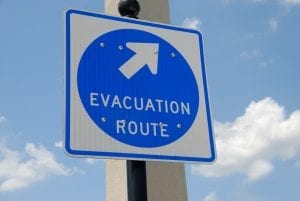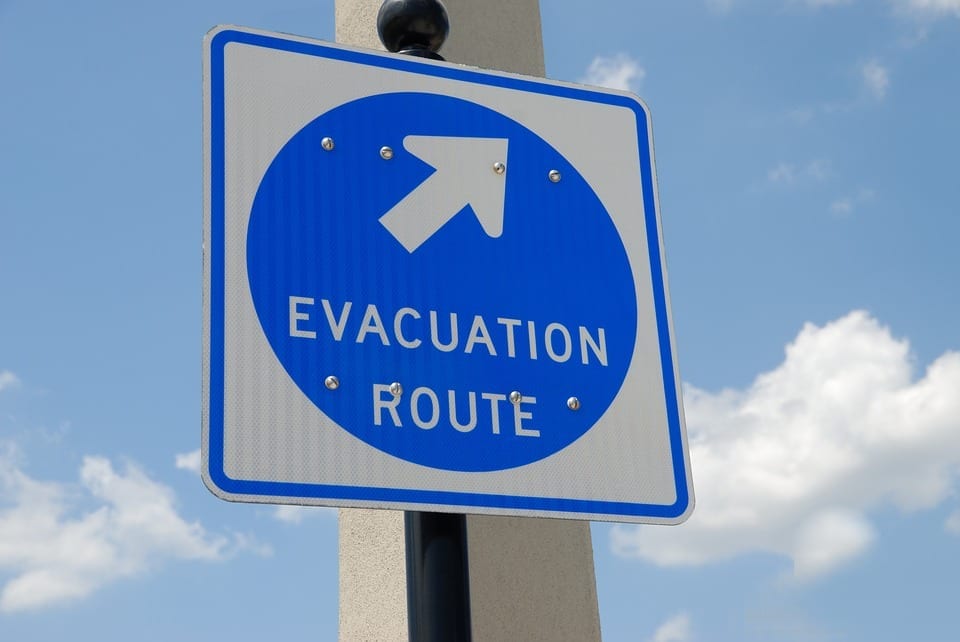Regardless of whether or not the California wildfires have caused damage, policies are still helpful.
People affected by emergency evacuation orders may benefit from their homeowners insurance coverage regardless of whether their homes are damaged.
Home and renters insurance policies cover more than just damage caused by wildfires in the area.
“With sometimes only minutes to evacuate, residents often escape with only the clothes on their backs,” said California Insurance Commissioner Dave Jones.
Hundreds of thousands of people in California have been affected by evacuation orders as a result of nearby wildfires. That said, both renters and homeowners insurance coverage can help to pay for expenses associated with evacuating and relocating even if the home is not damaged or destroyed. Moreover, many policies don’t have any deductible when it comes to covering expenses associated with evacuating from a home and staying elsewhere until it’s possible to return.
“Additional living expense coverage can help ease the financial burden of evacuation and is often the first step in helping residents begin the recovery process. I urge residents to reach out to their insurer and verify their coverage to get the help they need,” said Jones.
Many homeowners insurance coverage policyholders don’t realize they have this additional coverage.
Commonly, policyholders don’t realize that their home insurance or renters insurance policies will pay for some or all of the cost of evacuation and recovery expenses. To check and see if a policy provides this type of coverage, a policyholder is typically advised to look under the additional living expense coverage portion of the policy. This section is also known as A.L.E.
In a typical homeowners insurance policy or rental contents insurance policy, A.L.E. will cover food and housing costs, as well as relocation and storage, furniture rental and additional expenses relating to transportation, explained a recent NBC report.
The California Department of Insurance is currently encouraging evacuees to reach out to their insurers. This will give them the opportunity to find out what A.L.E. payments are available through their rental and homeowners insurance coverage. Policyholders are  encouraged to keep records of the date and time of any communications with their insurers as well as the name of the people who assisted and advised them and details from those conversations. They are also encouraged to keep all receipts.
encouraged to keep records of the date and time of any communications with their insurers as well as the name of the people who assisted and advised them and details from those conversations. They are also encouraged to keep all receipts.

